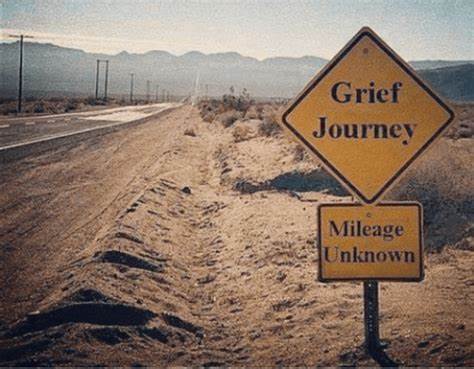By Kenneth J. Doka
\”I thought the funeral would bring me some closure and I could move on.\” Comments like this are often heard by grief counselors. Somehow, we are told, there is an action or event that can bring us some sort of finality, or release, from our grief.
The event could be the funeral. Once we see the deceased lying serenely in the casket, we can feel that a person\’s suffering is now over and he or she is at peace. Or, it might be the autopsy report that promises closure. Once we really learn the cause of the death, we can seal that chapter of our life.
The term closure was used by psychologists to refer to a human tendency to complete something based on an individual\’s perceptual experiences. For example, we are likely to read the error, boys and gurls, as boys and girls simply because the latter phrase is familiar.
In grief, closure never really occurs.
The reason there is never closure in grief is simple. The concept of closure builds on two already discredited myths – 1. grief has a timetable and, 2. we can somehow move beyond our grief by letting go or detaching from the person we loved.
One of the first things I tell my grief counseling students is to bring \”closure\” to the term \”closure.\” It is simply not a useful idea when it comes to coping with loss.
This does not mean that the pain we may experience remains constant and enduring. Most of us who are bereaved find that over time our pain lessens and we can function as well – sometimes even better – than we did before the loss. Yet even over time, we still may experience surges of grief, moments where we deeply feel our loss.
Grief is not an illness
Grief is not an illness from which we recover or an experience with a destination. Rather, grief involves a lifelong journey. No single act, or combination of actions, changes that.
This does not mean that there are no significant moments as we journey. Funerals are important. A meaningful funeral can have incredible therapeutic value. In the same vein, an autopsy report might offer information that answers troubling questions.
It did so for Greta. When her 20-year-old son died of a particularly virulent infection of bacterial meningitis, Greta was deeply troubled that perhaps she had missed an early symptom or a treatment possibility. Painful as the report was to read, it reassured her that she did all she could. While such events might offer a sense of relief or an answer to troubling questions, they certainly do not \”close\” our grief.
Meaningful actions help
Actions such as rituals and memorials might help as we deal with loss. Writing a letter to the deceased and reading it at the graveside might be an excellent way to express a needed feeling or even apologize for something we did or failed to do.
Grief is not about reaching a finish line or destination, its about learning to live with loss
All of these may be meaningful steps on the journey, but they do not end that passage. When Greta was questioned by her friends about whether the autopsy report brought her closure, her response said it well. \”The report answered many questions. As I\’ve been learning from other grieving parents, grief is not about reaching some point, a finish line, or a destination. Grief is about learning to live with loss.\”
###
Kenneth J. Doka, PhD, MDiv, is Sr. Vice President, of Grief Programs, for the Hospice Foundation of America and recipient of the 2019 Lifetime Achievement Award from the Association for Death Education and Counseling.
CHP Home Care & Hospice offers free, monthly bereavement support groups throughout the area.

